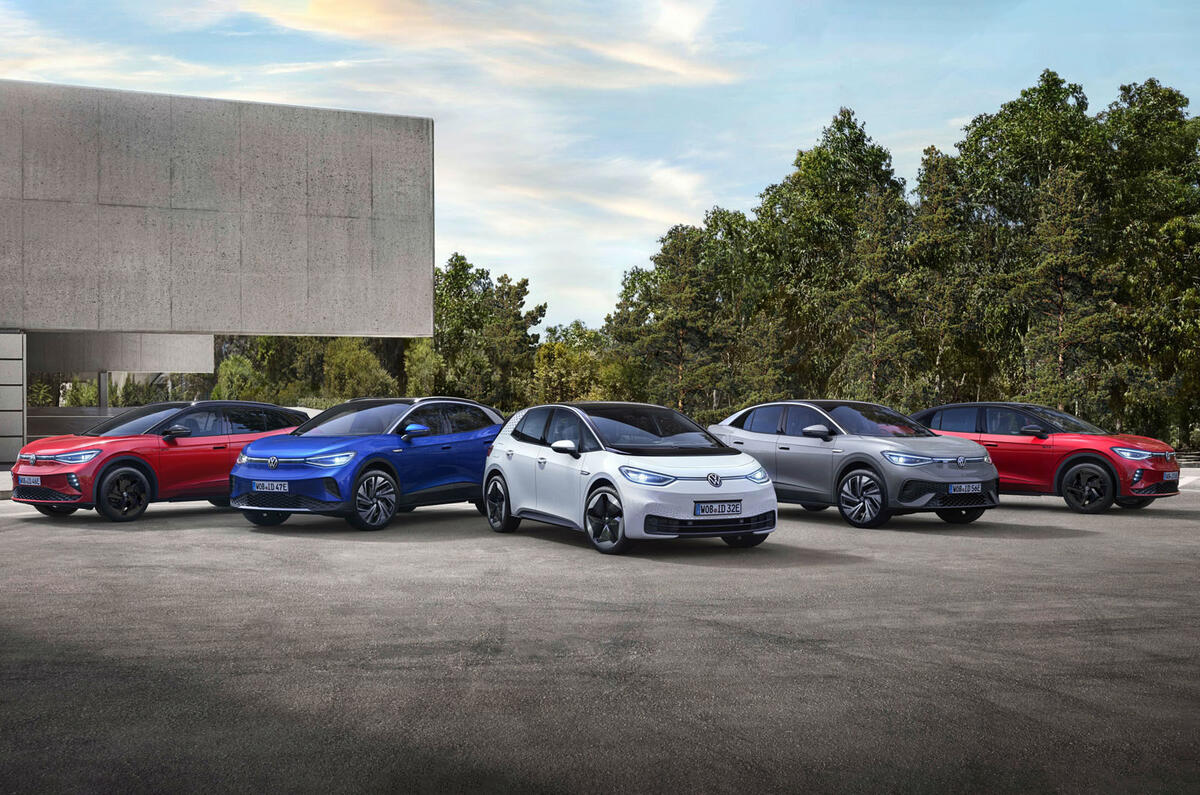Normality is back, at least as far as the Volkswagen Group is concerned. The German behemoth has advised that it aims to sell a million more cars in 2023 than in the year before but stick roughly to the same profit margin as 2022 at 7.9%. In other words, it will make less money per car sold as the semiconductor crisis eases, supply returns and the competition hots up.
But wait a minute, the financial analysts said to CEO Oliver Blume and finance chief Arno Antlitz on Tuesday’s earnings call: why the big need to go back to pre-Covid volumes of 9.5 million vehicles? Especially when car buyers are feeling the effects of inflation the world over.




Add your comment